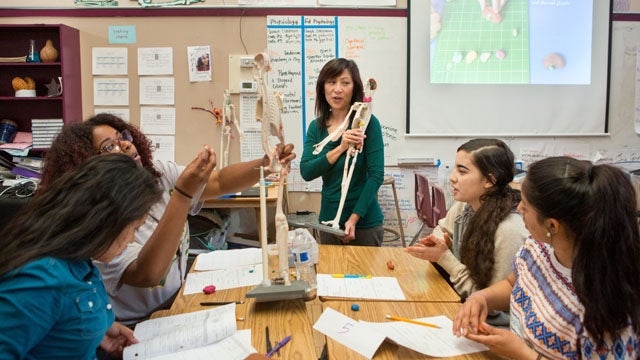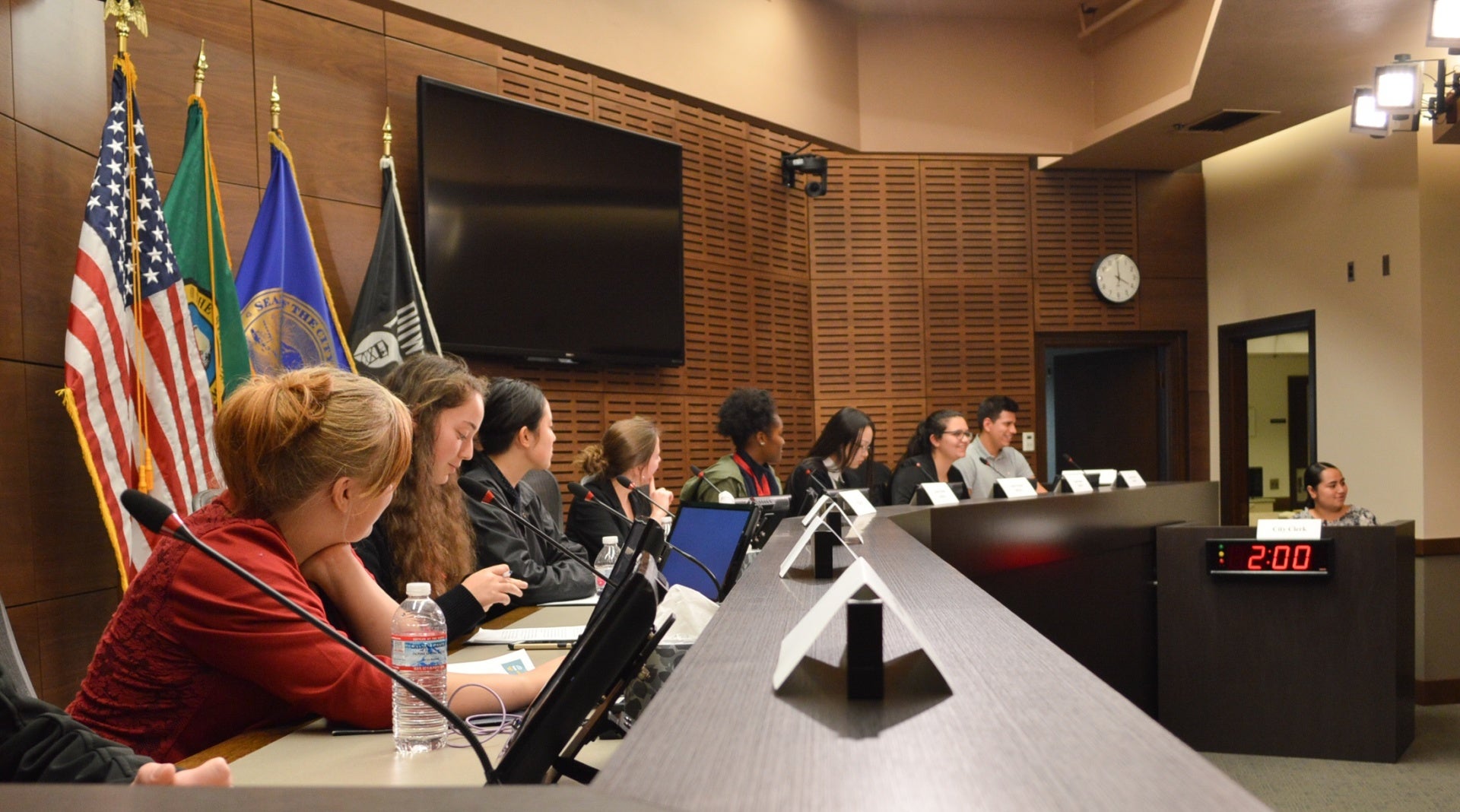The fourth case study from the Aspen Institute National Commission on Social, Emotional, and Academic Development discusses the relationship between school climate and culture and social, emotional, and academic development. “Caring Communities: Linking School Culture and Student Development” highlights intentional approaches to creating safe and supportive school climates, with a special focus on Kellison Elementary School in Fenton, Mo.
The case study also describes approaches by high schools >across the country, including Damonte Ranch High School in Washoe County, Nev., which builds relationships with students through advisory groups; John Hancock College Preparatory High School in Chicago, which has partnered with community organizations to help transform its school culture and climate and improve students’ social, emotional, and academic skills; and Westbrook High School in Westbrook, Conn., which focuses on building students’ leadership skills and voice to improve school climate.






